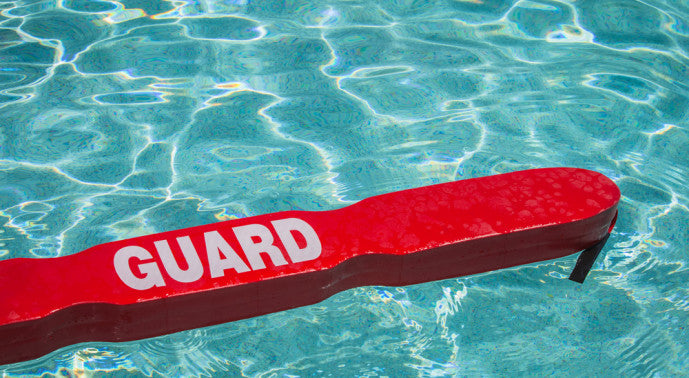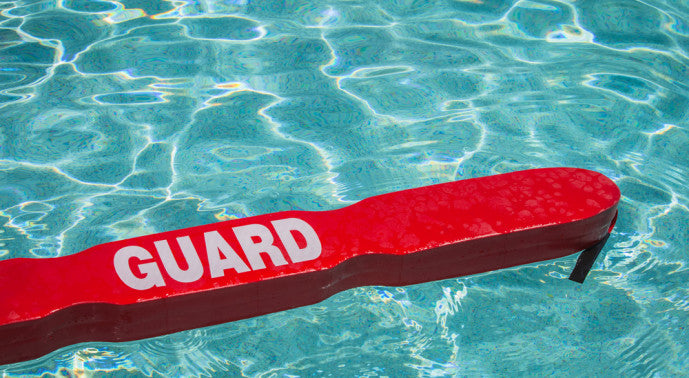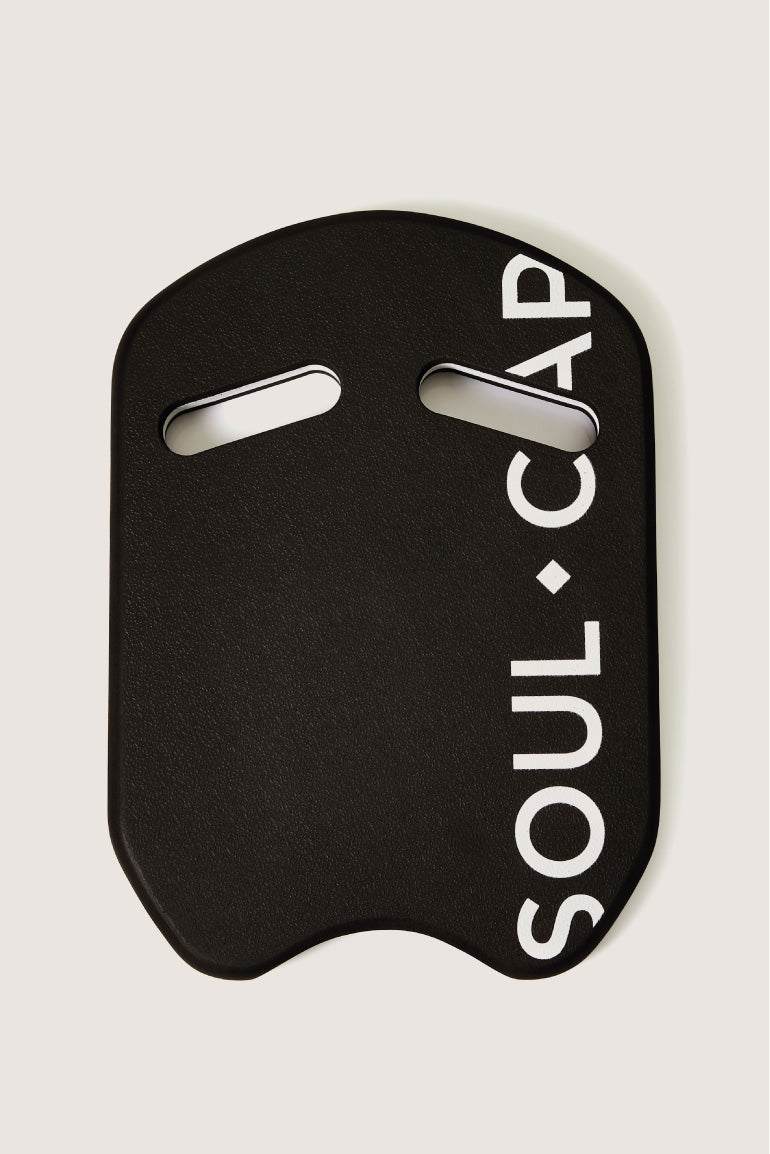We’re always talking about the benefits of swimming: the physical fitness, the mental wellbeing, and the life-saving skills we learn along the way.
But we don’t talk enough about the risks of the water – and the important steps we all need to take to stay safe.
So to help raise awareness this May for National Water Safety Month, we’ve put together some simple tips to help you stay safe in the water (and keep others safe, too!).
Learn life-saving skills as early as possible
For most people, swimming is a casual sport. It’s an everyday activity where people just dive in – both literally and figuratively.
But there’s so much you can do to learn and prepare. And with the right training, you’ll be ready to help make swimming safer – for you and everyone around you.
So if you’re planning activities in and around the water, here’s what you can do now to prepare:
- Take swimming lessons – for your own safety, and so you can help others.
- Get swimming lessons for your kids – to give them competence and confidence in the water.
- Find a qualified training body for First Aid – like The British Red Cross.

Get the right equipment – and use it!
Whether it’s fashionable or not, safety gear saves lives. And if you’re out in the ocean or in charge of a pool of kids, it’s up to you to make sure everyone’s wearing the right equipment.
That means thinking about:
- Life jackets on boats – even if everyone can swim
- Armbands for young children – especially those who need the extra support
- And high-visibility swim caps and clothing – to help you get found, and avoid collisions.
That covers the basics when it comes to the water. But there’s one more piece of equipment that’s easy to forget – and that’s keeping a phone with you at all times.
Whether you’re supervising a pool or relaxing at the beach, you should always have a phone within arm’s reach, and be ready to call the emergency services at the first sign of trouble.
Know your limits
There’s no shame in saying no – and there’s never a reason to take silly risks.
If you’re not the strongest swimmer or you’re not that confident, you need to be aware of your limits – with your body, your skill, and the water you’re in.
Here are the basic rules to remember:
- Never swim alone – especially in the ocean.
- Keep your physical fitness in mind – especially your heart, your breathing, and your overall stamina.
- Understand the risks of the water you’re in – from currents and depth to temperature and visibility.
- Don’t mix alcohol and swimming – you’re relying on your co-ordination and good judgment.
- Never be afraid to call for help – the sooner you do it, the better your chances.

Always be vigilant
We all love a little relaxation by the pool. And we love seeing our kids get excited about a splash in the sea.
But it can only take a moment for something to go wrong. And the relaxing nature of being poolside or on the beach can become a danger in itself.
So wherever you are, don’t get complacent. Keep a close eye on your friends and family, and don’t rely on lifeguards to take care of everything.
And if you’ve got young kids swimming alone in the water? Put down that magazine and start swimming with them.
Teach your kids to respect the water
No matter where you’re swimming – at the beach, in a lake, or in a backyard paddling pool – your kids need protection. And part of that protection comes from their own education.
So as well as the swimming lessons and protective equipment, you need to lay down some ground rules for every kid that’s going near the water.
Here are a few rules to get you started:
- Teach your kids to always ask permission before swimming.
- Make it a rule that kids never swim without an adult.
- Remind your kids to keep an eye on each other – and make sure they know what it looks like when someone’s in trouble.
- And never let your kids play with drains or suction outlets in the pool.
Looking for more water safety tips?
We’ve covered a lot here – but there’s always room for more.
If you want to learn more about water safety and the risks of being poolside, check out the American Red Cross Guide to Water Safety – and always remember to respect the water!




